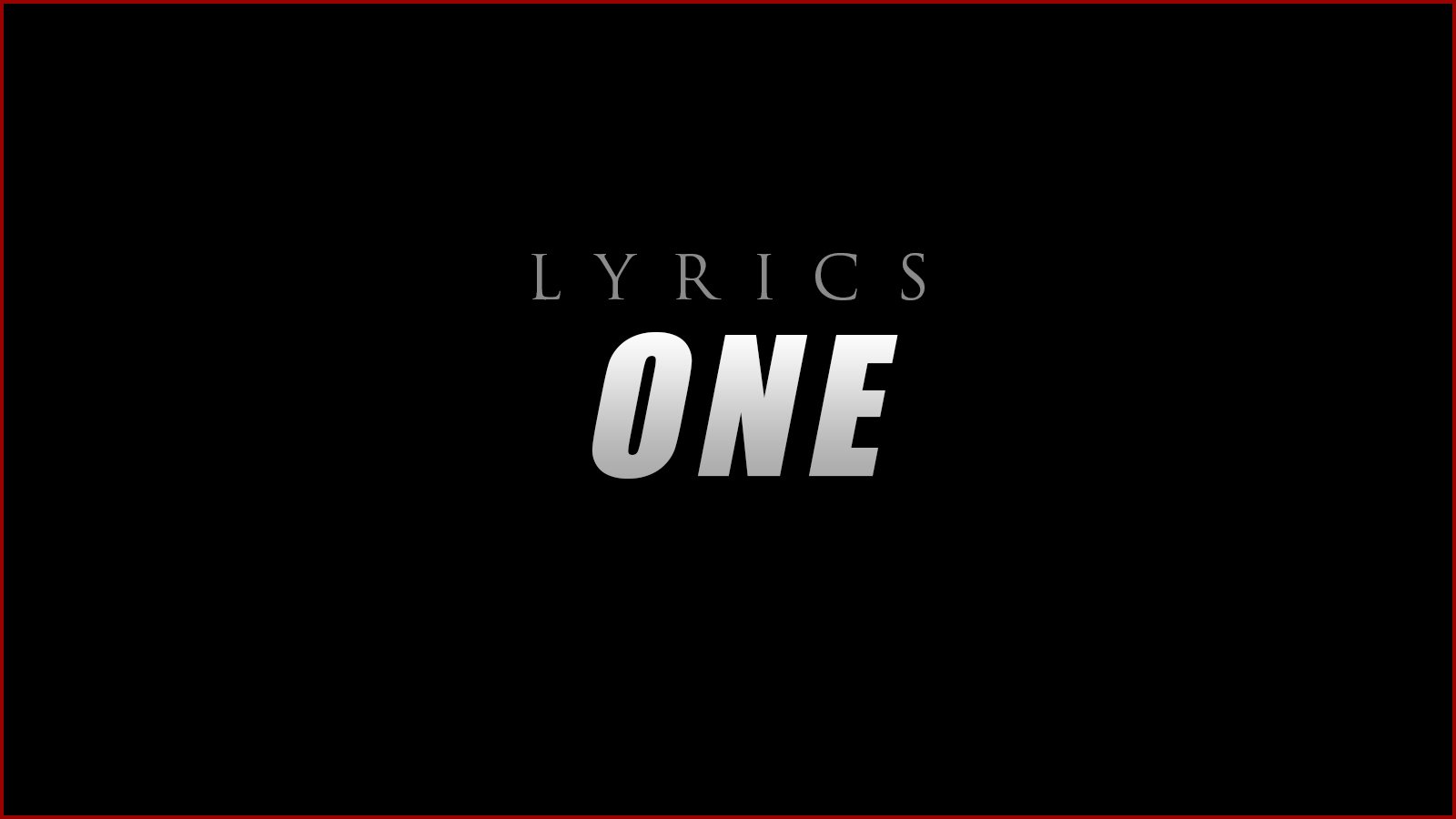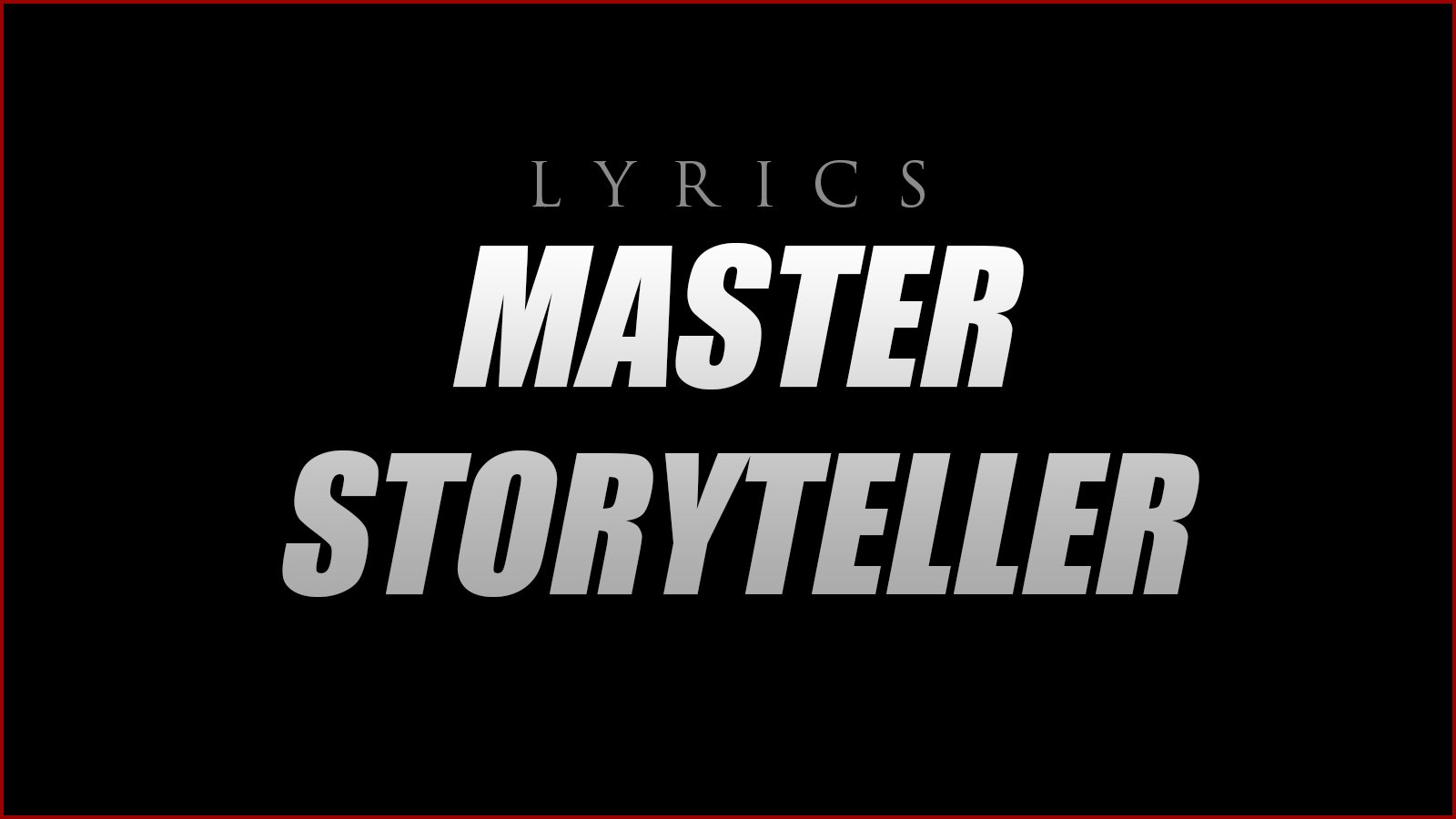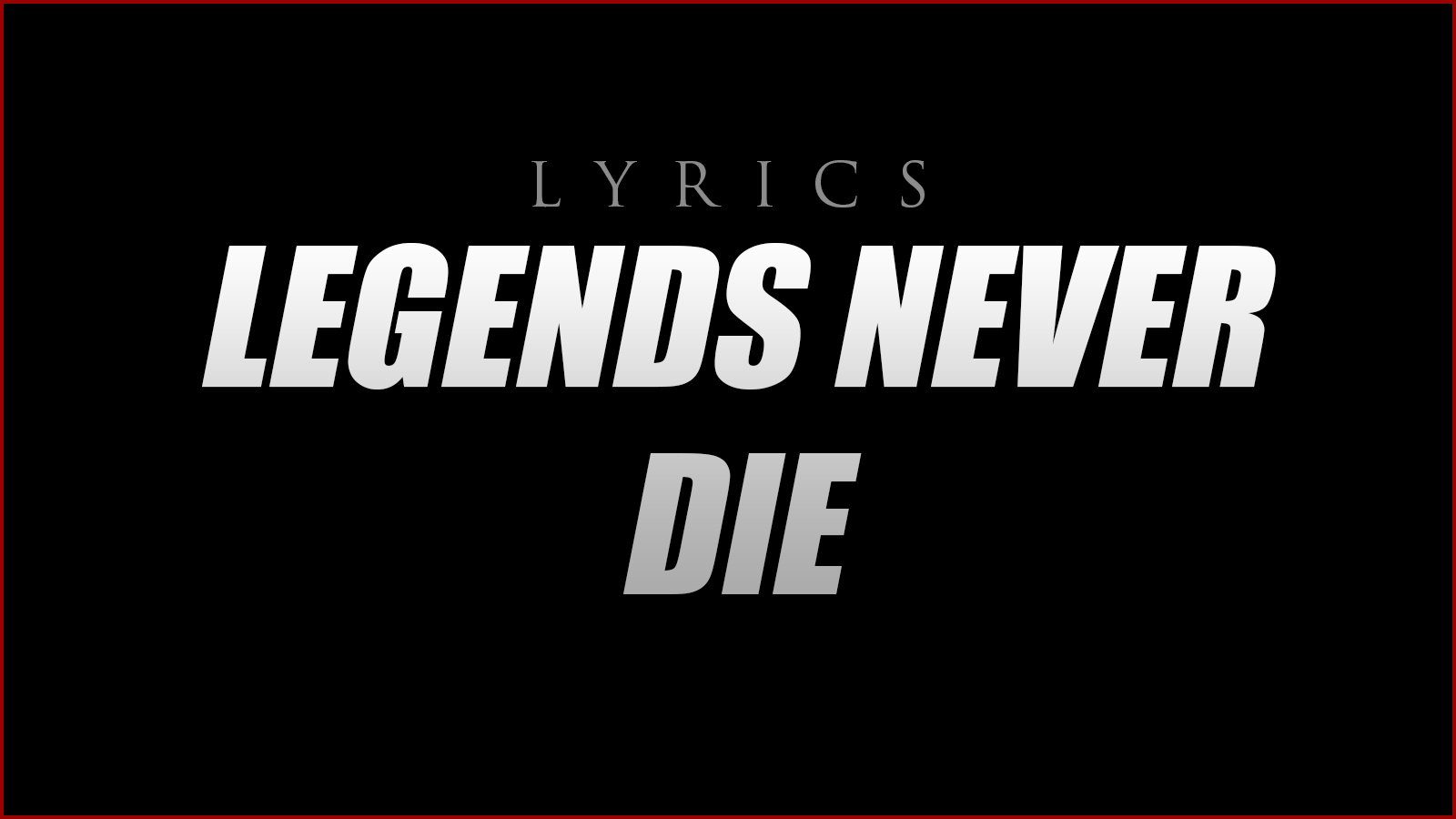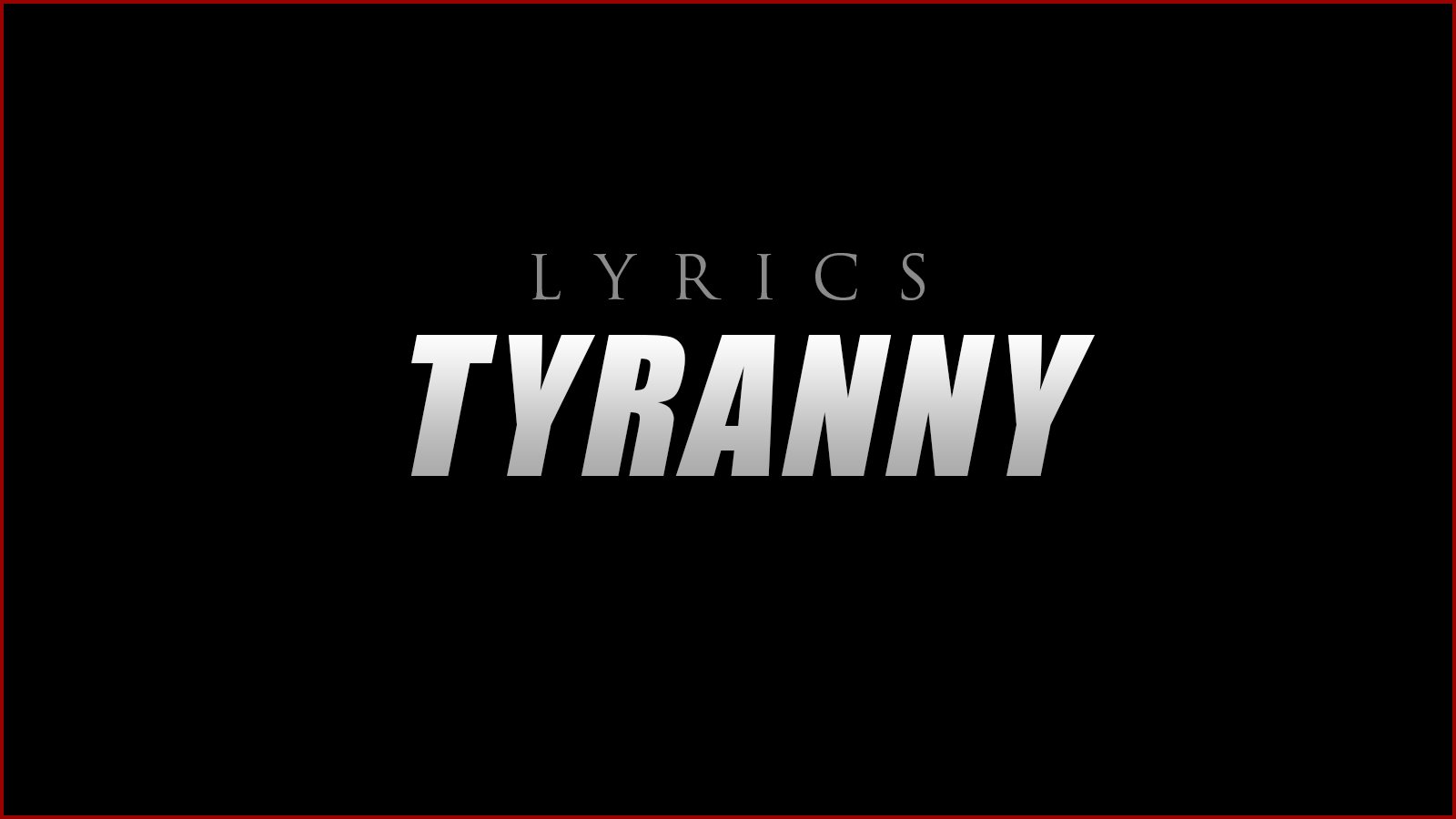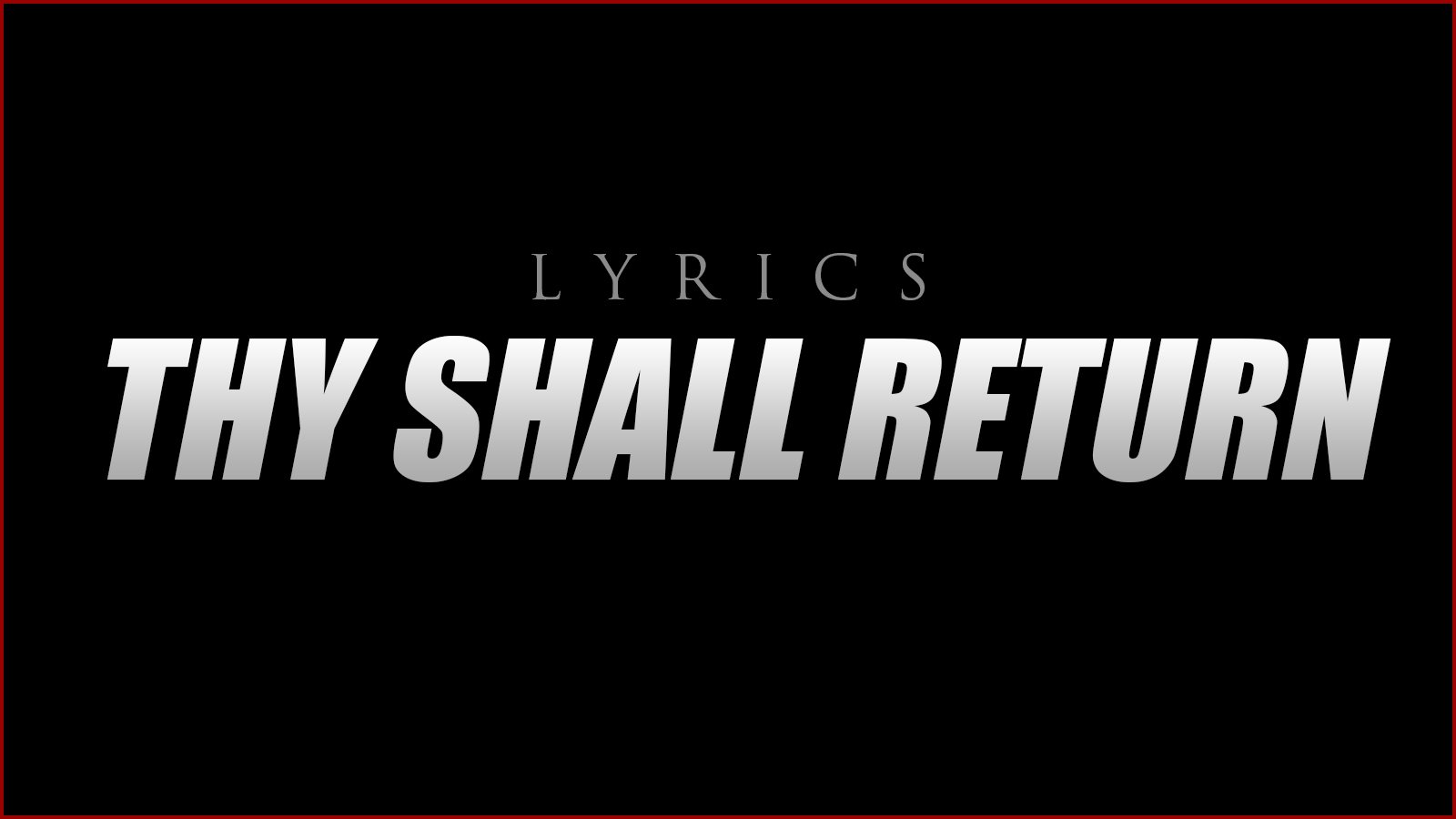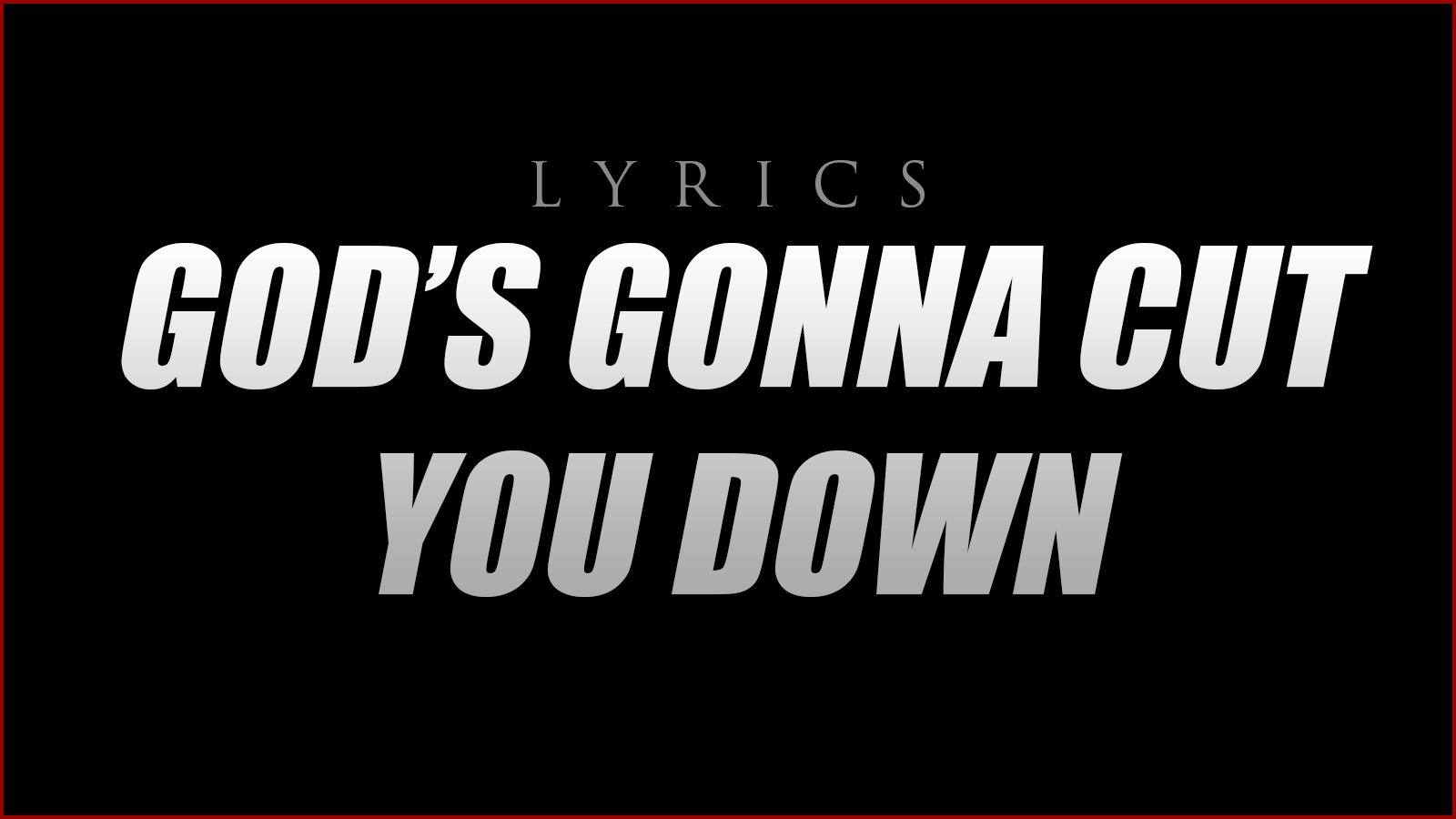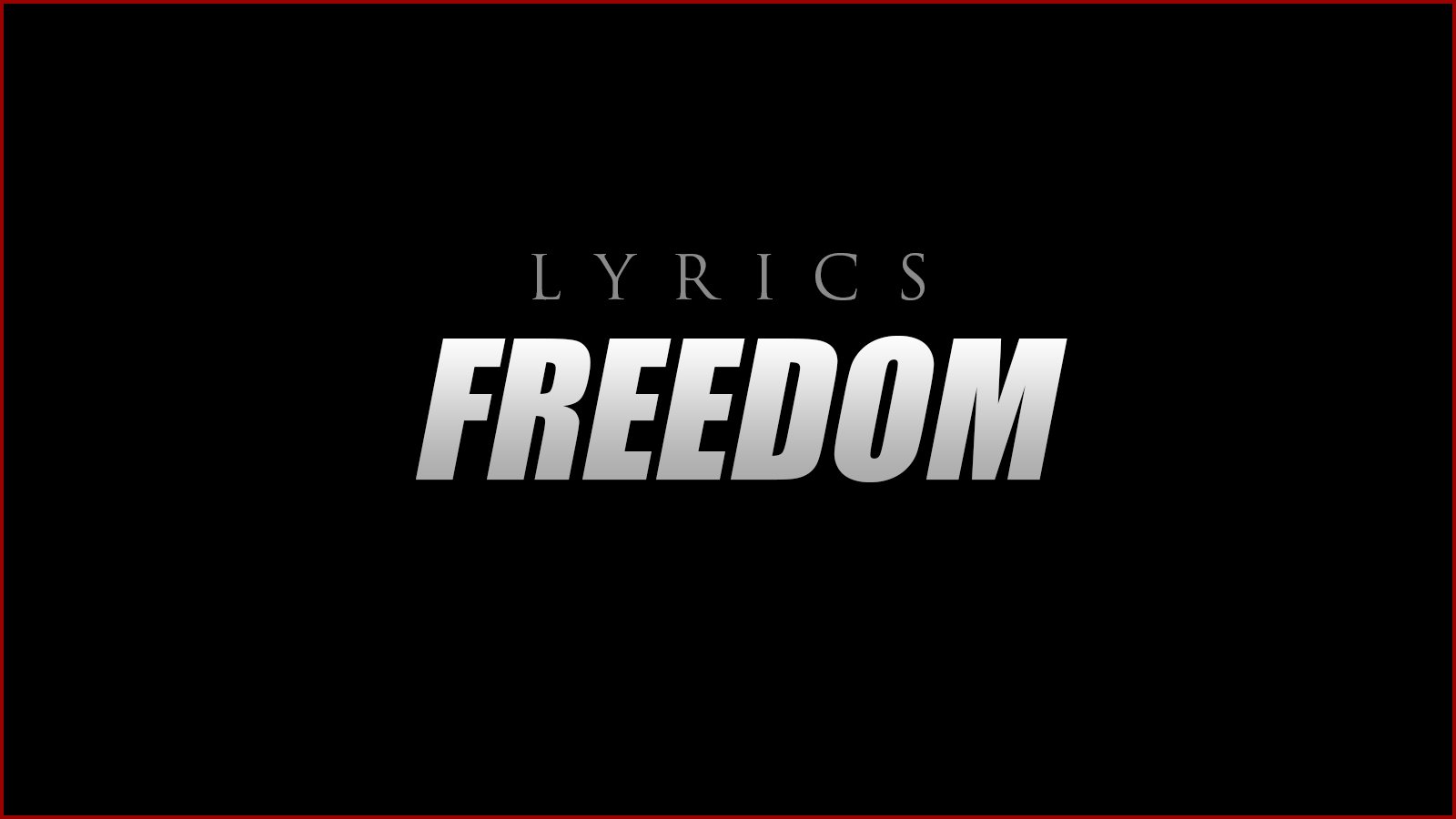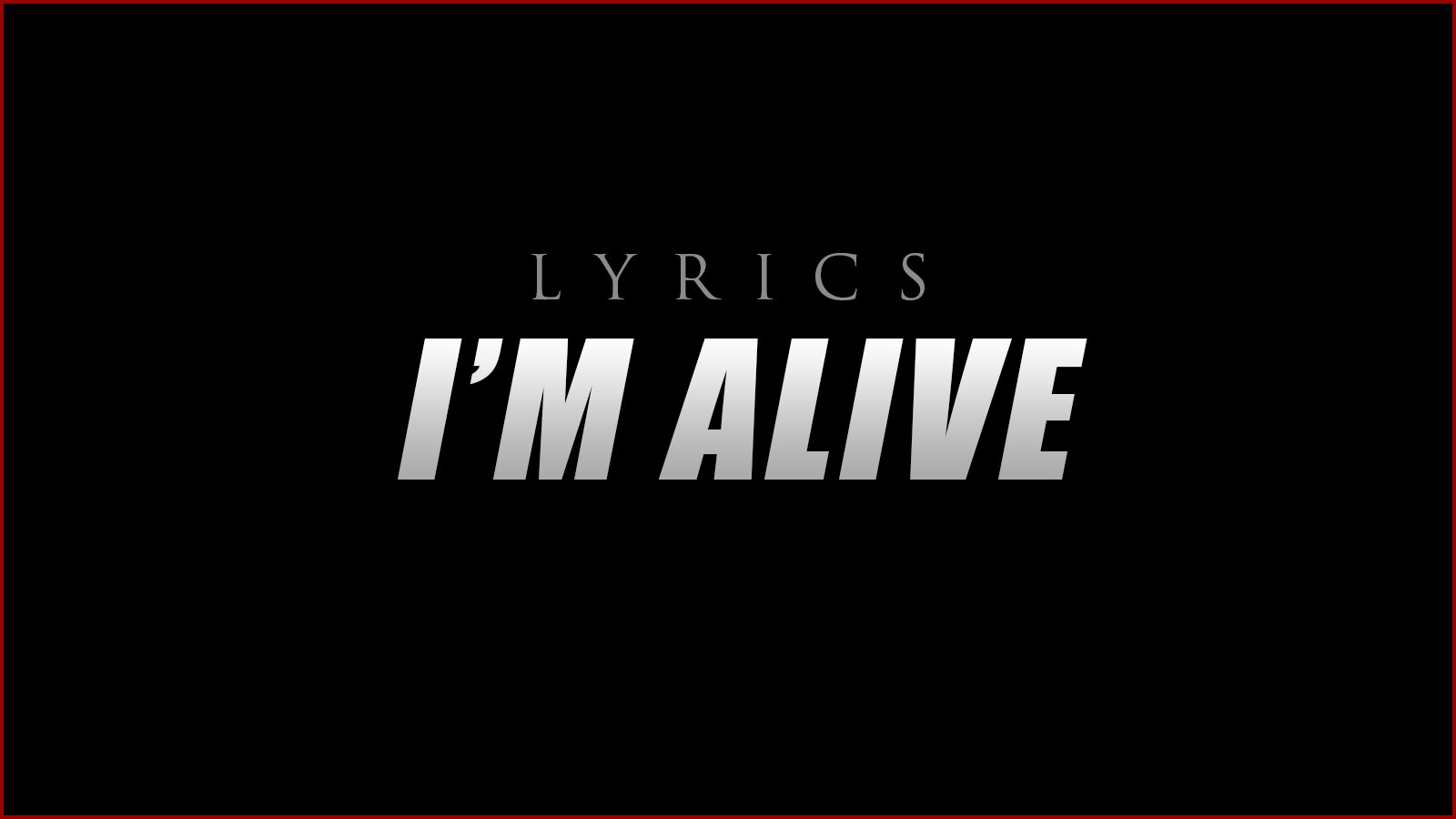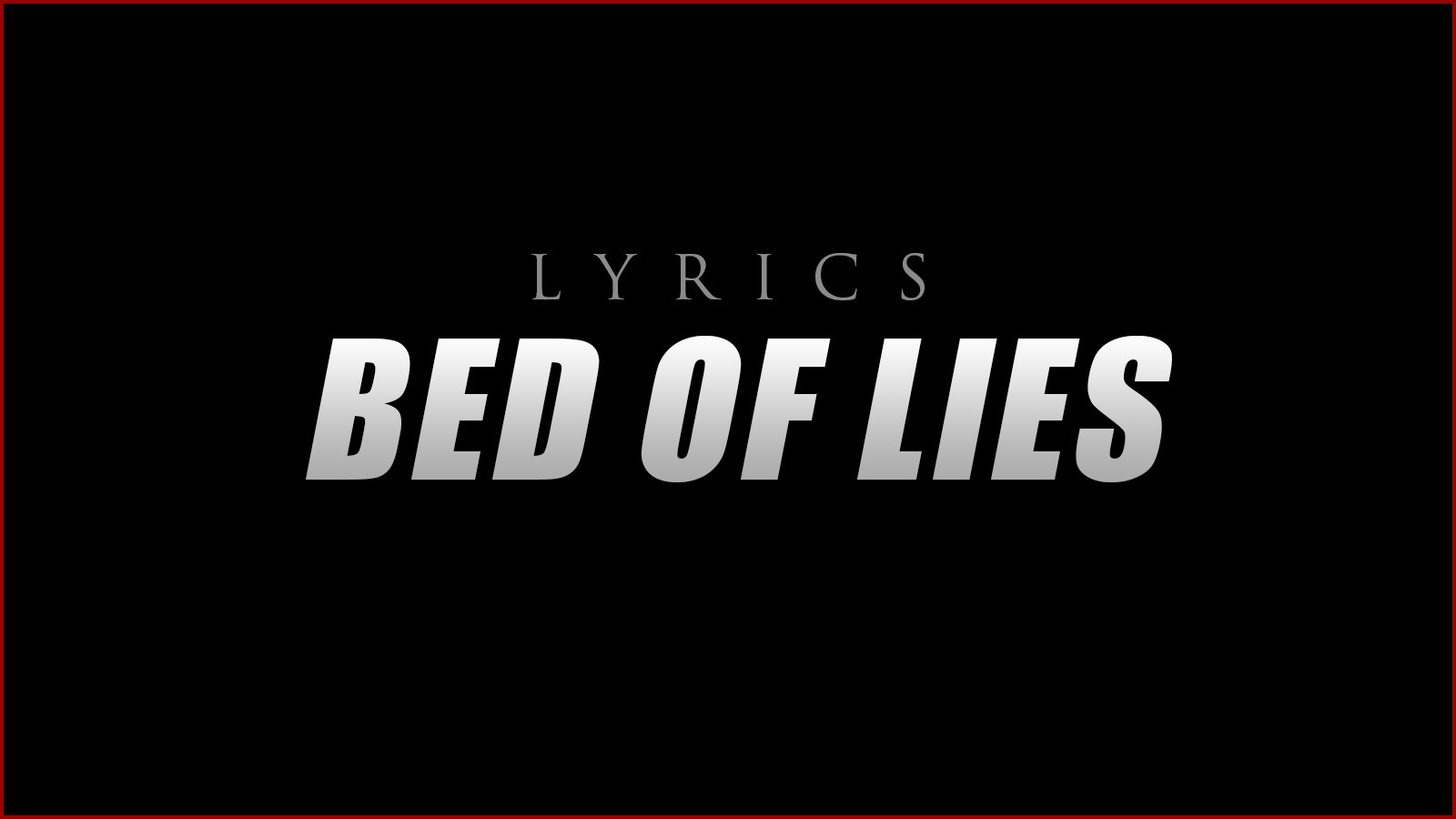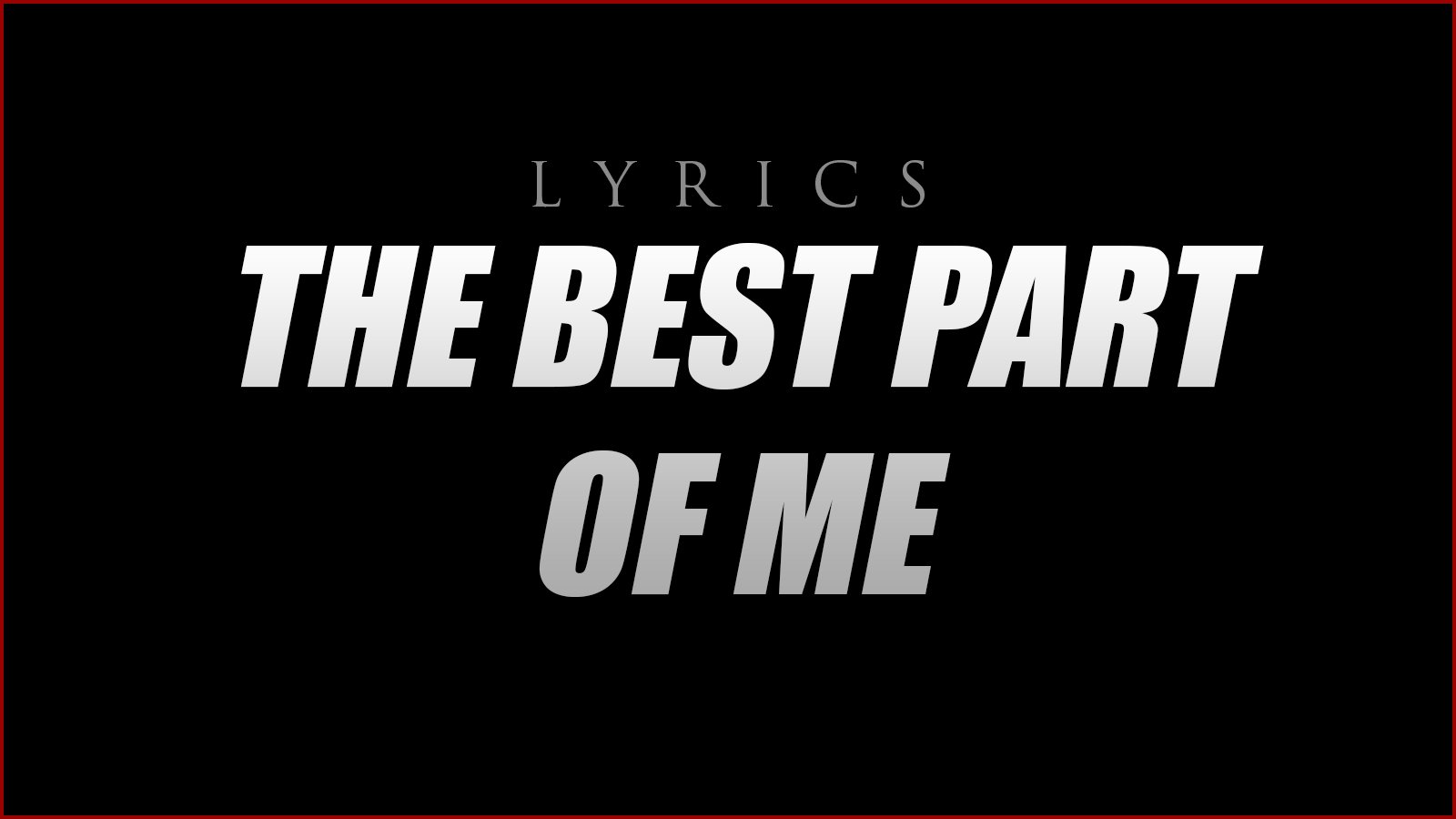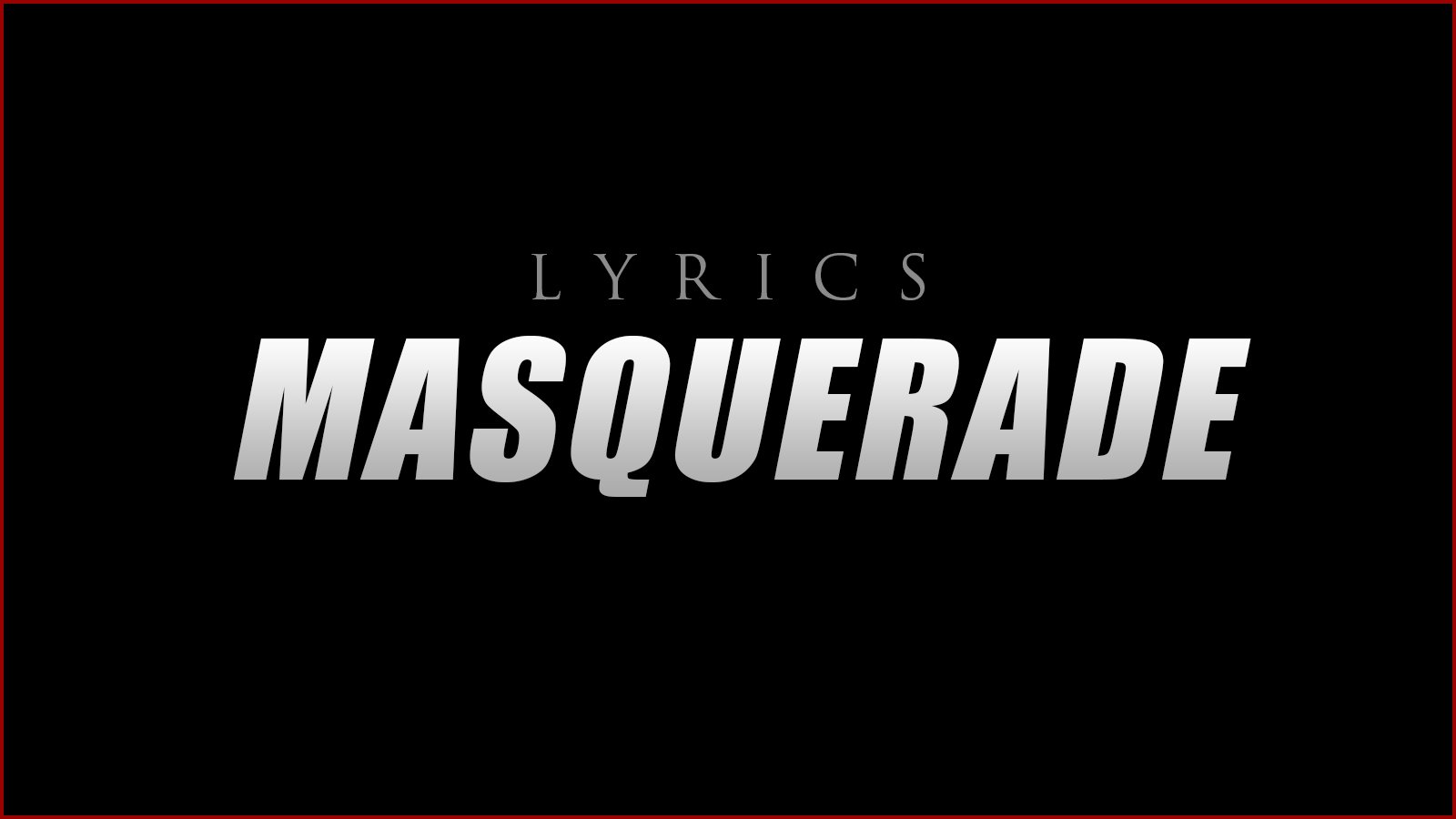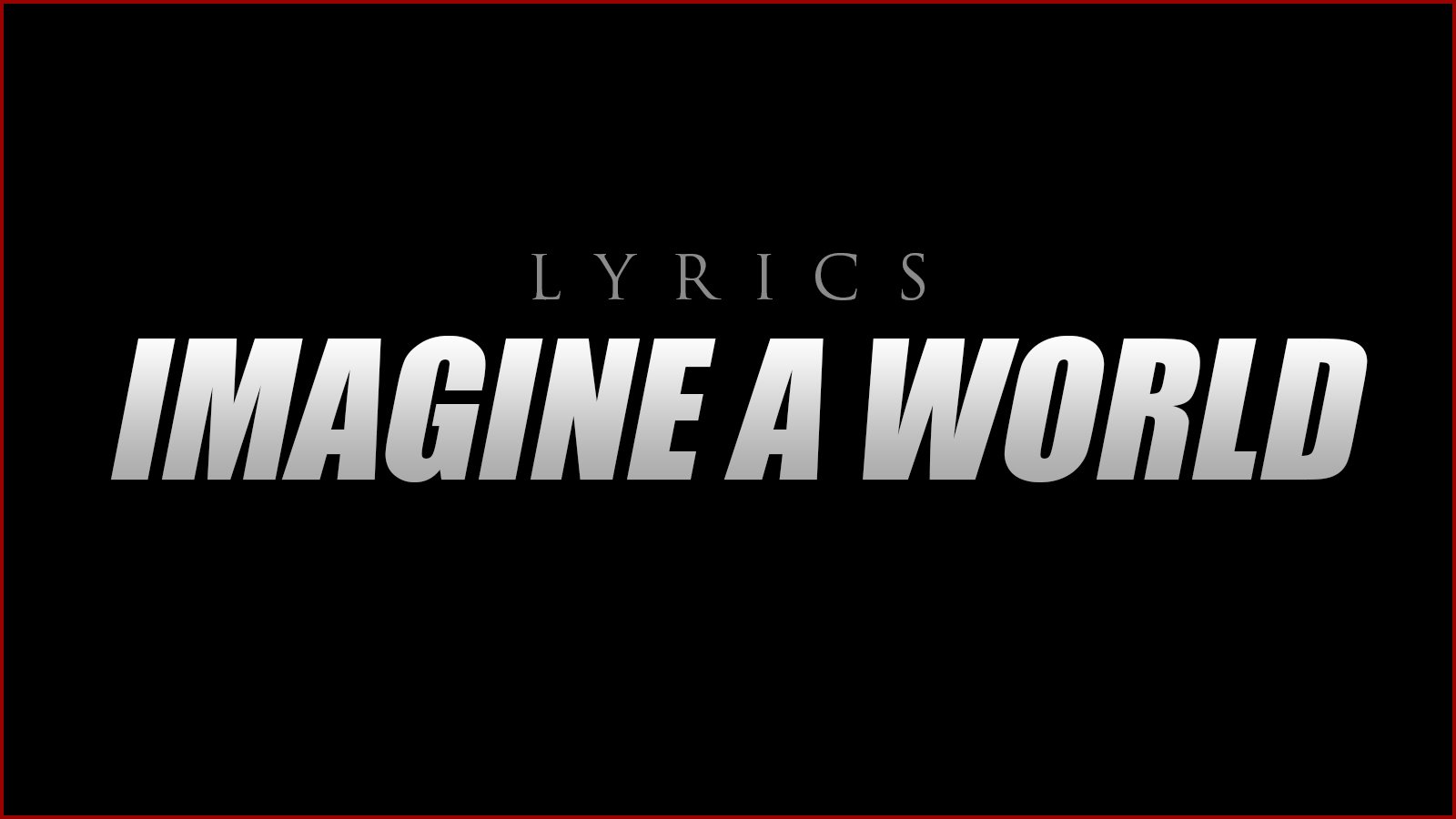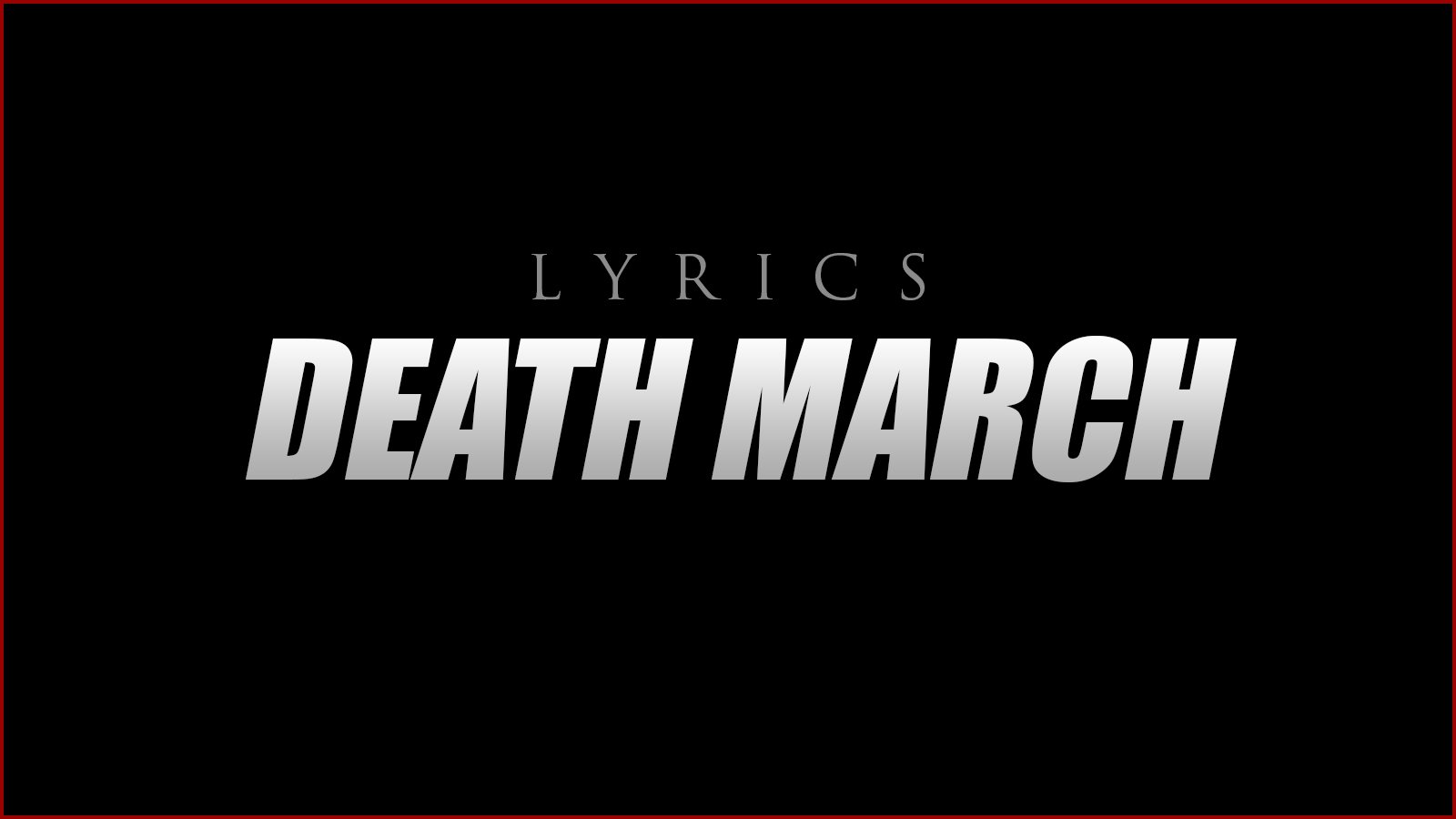
LYRICS
An Analytical Approach to IronWrath’s Debut Album Master Storyteller
By: Ava Sarnowski
IronWrath pride themselves on being cinematic masters of metal, predominantly known for the imaginative and powerful sound they produce. Their album “Master Storyteller” was released on May 31st, earlier this year. The band’s musicians include vocalist Anton Petrenko, Sean Silas as leading guitarist, Steve Bell on rhythm guitar, bassist Johnny Blackout, and C.G. Ryche as drummer and percussionist.
“One” is an excellent introductory piece, drawing the listener in with bellowing drums and an air of mystique. It immediately sets up what listeners can expect to hear from the rest of the album. This song, in particular, feels like a profession of love, with lyrics that are equally befitting. There’s a sense of urgency for the singer to confess to the woman he loves, as he knows that she’s the one person for him. Not only does he have one chance to act upon this dream, but it’s the one thing he knows for certain that this is his one life to share with her. The song ends with the sound of his phone ringing and the woman answering.
“Master Storyteller” increases the volume and has an energy that feels animalistic, almost possessive too. Rather than a profession of love, this piece reads like a cry for help. The singer is attempting to escape his impending doom, pleading that his story be told in blood. The electric guitar shines through on this track. Listeners will quickly gather that this song is telling the story of a man on trial, with interjecting lyrics from the perspective of those determining his fate, possibly from the jury. He begs for the master storyteller to save him from eternal damnation, but listeners will never know of the outcome.
“Legends Never Die” begins by seamlessly integrating piano with sounds straight off the battlefield, like gunfire and distant explosions. Just as the title of the song suggests, the lyrics illuminate the qualities that make up a legend and by extension, a hero. It feels like an anthem for soldiers who put all of their efforts into continuing the fight. These legends are described as having hope embedded in their bones, even when the fight draws even closer. Even if these courageous individuals do not live to see the good that comes from their actions, their legacy will be written down in eternity. It feels bittersweet, reassuring, yet full of strength. A song that fixates on perseverance while still ending on a ghostly note, like a sea of smoke.
The baseline and drums for “Tyranny” were impeccable, as well as the progression of the electric guitar. The song feels like taking back your life after being deceived for so long. The lyrics for the next piece, “Thy Shall Return,” are sad yet still hopeful. In essence, the song is about the aftermath of Christ's sacrifice, about the prophecy foretelling he’ll return one day, and it continues to align with the album’s themes.
Regardless of “God’s Gonna Cut You Down” being a cover of Johnny Cash’s original song, IronWrath’s take continues to reaffirm how excellent they are in establishing their piece. The song is about a criminal who’s attempting to outrun the life he’s made for himself. It claims that he can keep on running for a long time, but eventually, he’ll be cut down by God. It feels like a warning turned redemption story. The man changes his ways after being spoken to by an ethereal presence, where he vows to pursue a better life. Yet again, the drums in “Freedom” give it its intensity, a piece that beckons one into the battle and to fight for their freedom. The laughter towards the end of the piece feels like the singer is drifting into insanity.
Similarly to “Legends Never Die '', the next song, “I’m Alive,” changes the formality musically. It greatly captures a soldier’s state of mind. He thinks about the people he’s got waiting for him back home and how his memories of them help him to push through. The essence of the song resides right there in the title, acting as a reminder that he’s still alive. The lyrics are performed fast too, as if they were conveying the sporadic nature of his thoughts and the chaotic environment around him. The instrumentation, the drums especially, help paint the scene as if this song was a final war cry before plunging into the field.
“Bed of Lies” begins ominously. It crackles like old technology. The electric guitar sounds menacing. The piece feels like it takes shape the moment the bass appears, as it sounds sublime on this track. The lyrics accompanying this song read like a commentary on modern society, emphasizing the negative impact of electronic devices. It’s expressing how the world has lost its way, how people are turning into sheep for the slaughter. Instruments are played intensely, and the lyrics are sung in an unabashedly resentful tone.
“The Best Part Of Me'' breaks the established mold of Master Storyteller by beginning with a softer sound. The manner in which these lyrics are performed, and the inclusion of strings elevate it to the greatest height. The singer sounds like he’s reminiscing and speaking about his friend. Someone who supported him through every endeavor but who is no longer here. It’s a bittersweet piece, complimented further by effective harmonies and the promise that one day, they will meet again.
“Masquerade” compares navigating the world to being lost in a masquerade, where you must hide your true intentions to appease the masses. In an effort to be a part of something greater, you sacrifice so much of yourself until you can no longer recognize your reflection in the mirror. The song’s instrumentation encapsulates how it feels and how it sounds to lose one’s self. While not somber, it finishes on an eerie note and aligns with the artistic themes prevalent in the album. The title and lyrics work in tandem.
“Imagine A World'' embodies an otherworldly sound, as if the listener is walking through the double doors on Master Storyteller’s cover art and appearing in a different realm. The sound of agitated spirits whispering, clawing at the listener’s ears, accompanied by a droning ambiance. The layered vocals and lyrics accentuate the possessiveness of the singer as he performs the song. As though he can’t fathom a life without the person he’s devoting the piece to, someone that he breathes the same air as.
As a conclusive piece, “Death March” exceeds on all fronts and, in some fashion, feels like the ultimate story to tell. It directly references 1941, with lyrics from the perspective of a Jewish individual rounded up to die alongside his people. What makes this track stand out so effectively is what can be heard when it ends. One can hear a common dinner scene, the clinking of dishes, and people talking happily. For an otherwise chilling piece with even grimmer implications, that simple artistic choice perfectly embodies all that makes this album what it is—a collection of organic songs defined by themes of legacy, loss, and perseverance, forged with the intent of telling stories through heavy-hitting music.



